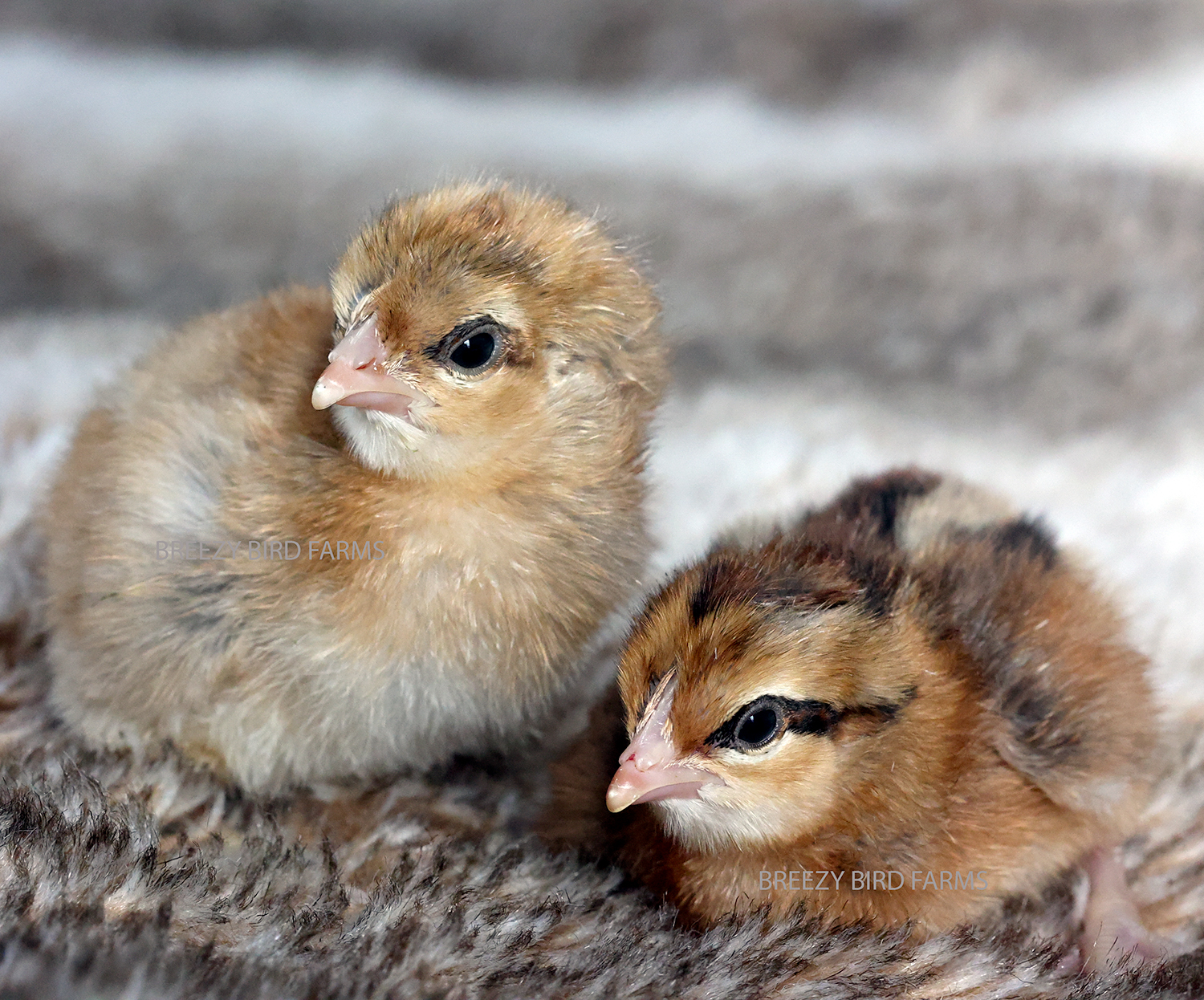Bodacious
Bielefelder chickens were developed in the 1970s in Germany, specifically in the town of Bielefeld. The breed was created by a poultry breeder named Gerd Roth, who aimed to produce a dual-purpose chicken that excelled in both egg production and meat quality. This was part of a broader movement in Germany to create hardy, productive breeds suited to various conditions. This breed led to the auto sexing ability that the chicks have at hatch. 
To develop the Bielefelder, Roth utilized careful crossbreeding techniques involving several existing breeds of Rhode Island Reds, Wyandottes, New Hampshires, Amrocks, Belgian Malines, and Cuckoo Maran
As a relatively new breed, Bielefelder chickens have gained recognition for their unique characteristics and reliable production. Their popularity has grown beyond Germany, particularly among poultry enthusiasts in Europe and North America.
Germany (Bielefeld)
Hens: 5.5-6.5 lbs
Roosters: 6.5-8 lbs
Body Type: Medium to large, with a well-proportioned build
Feathering: Unique feather pattern with a striking combination of colors, typically featuring gold and dark brown or black
Single comb, medium in size
Egg Color: Brown eggs
Egg Size: Medium to large
Production Rate: Approximately 3-5 eggs per week
Generally friendly and sociable
Good with children and other pets
Adaptable to various climates; relatively cold-hardy
- Curious and active
- Intelligent and easy to handle
Broodiness: Some hens may exhibit broodiness, making them suitable for hatching eggs.
Friendly and Social: Bielefelder chickens are known for their gentle and sociable nature. They enjoy interaction with humans and are generally calm around other birds.
Curious and Inquisitive: These chickens are active explorers, enjoying the opportunity to forage and engage with their environment.
Adaptable: Bielefelders can thrive in both free-range and more confined environments, making them versatile for different farming setups.
Intelligent: They are smart birds that can learn and adapt quickly, making them relatively easy to train and manage.
Good Foragers: Bielefelders excel at foraging for food, which helps keep them engaged and healthy.
© COPYRIGHT BREEZY BIRD FARMS